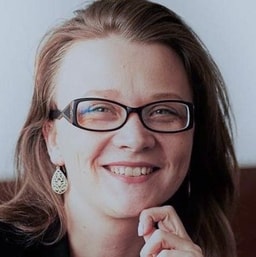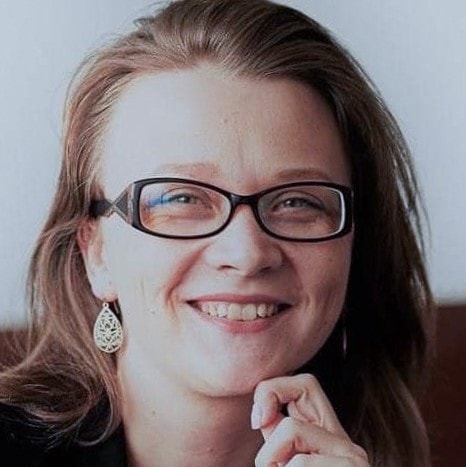Over 50 IT companies join Ukraine's 'special tax regime' Diia City in first three days

On Feb. 8, the Diia City, a special legal and tax regime for IT businesses, came into force.
With Diia City, the government wants to raise the share of the IT sector in the country's gross domestic product to 10% from the current 4%.
As of Feb. 11, three days after the launch, 52 companies had applied to join Diia City.
Among the best-known applicants were: the U.K.-based banking tech startup Revolut, artificial intellegence (AI) investor Roosh, Ukrainian security system maker Ajax, Ukrainian AI startup Reface, and Fintech Band, the company behind Monobank, a popular mobile-only bank.
“We want to invest in Ukraine, we want to create jobs here,” said Dmitry Strelchuk, Revolut’s operations manager, during the Diia City launch day, welcoming the new regulations.
In addition to the special economic regime, officials announced the launch of a fund that will cover half the cost of online courses for IT specialists.
“One of the world’s best tax systems is now available for small startups as well as big IT companies at any location across Ukraine,” said Minister for Digital Transformation Mykhailo Fedorov, the main advocate of Diia City. “Talented developers will be able to implement their ideas here, at home.”
Named by President Volodymyr Zelensky “a digital capital of the electronic state,” the Diia City is expected to triple IT industry revenue from the current $6.8 billion in the next few years, putting Ukraine among the largest IT hubs in Europe. The government pledges to keep the tax regime in force for 25 years.
“Diia City is not only about making business, but also about people, as the most valuable asset,” Andriy Oksenyuk, chief financial officer at Ciklum, an IT giant of over 3,500 employees, with the core team working from Kyiv, told the Kyiv Independent.
According to Business Ombudsman Roman Waschuk, the Diia City was designed with a “whole-system approach,” something that “rarely happens” in other Ukrainian industries.
“It would be great to see other examples, like Diia Selo (village), or Diia Utility payments,” said Waschuk.
At the same time, just a few months before the launch the new legislation sparked controversy among a number of companies in the IT industry. The industry's rapid development in Ukraine is often attributed specifically to the lack of attention from the government and regulators.
According to the survey conducted by the Lviv IT cluster, only 5% of IT developers welcomed Diia City. With the new system being non-mandatory and companies free to join and leave at will, local city budgets will benefit less from tax changes.
“We will constantly track any attempts from the state to violate this compromise (between IT business and government needs). We will protect the interests of IT companies,” said Stepan Veselovskiy, head of the cluster, news agency Espresso.TV reported on Feb. 11.
Oksenyuk from Ciklum believes that the stability of the new regime amid political instability is crucial for the country. If the new regime proves its efficiency over the next year, there will be another “round of digital ecosystem development in the country.”
“It may bring massive changes into education, the evolution of the market of talents, and Ukraine's position in the global IT arena,” said Oksenyuk.
Still, Ciklum is in no hurry to join Diia City, considering this a “serious step.”
"It is important for us to hear the opinion of our colleagues and evaluate the experience of the 'pioneers'. Only after this we can move toward concrete plans," said Oksenyuk.









